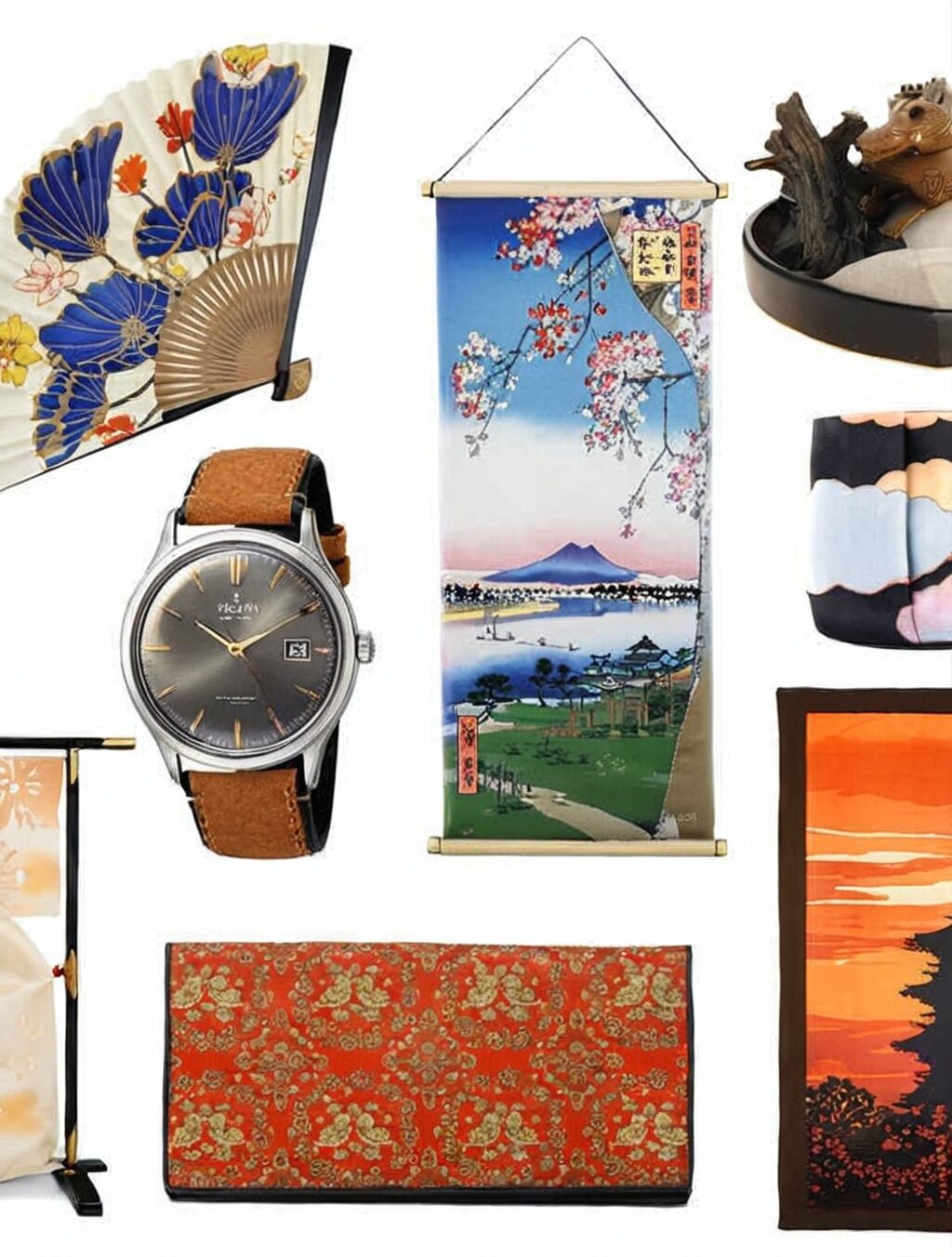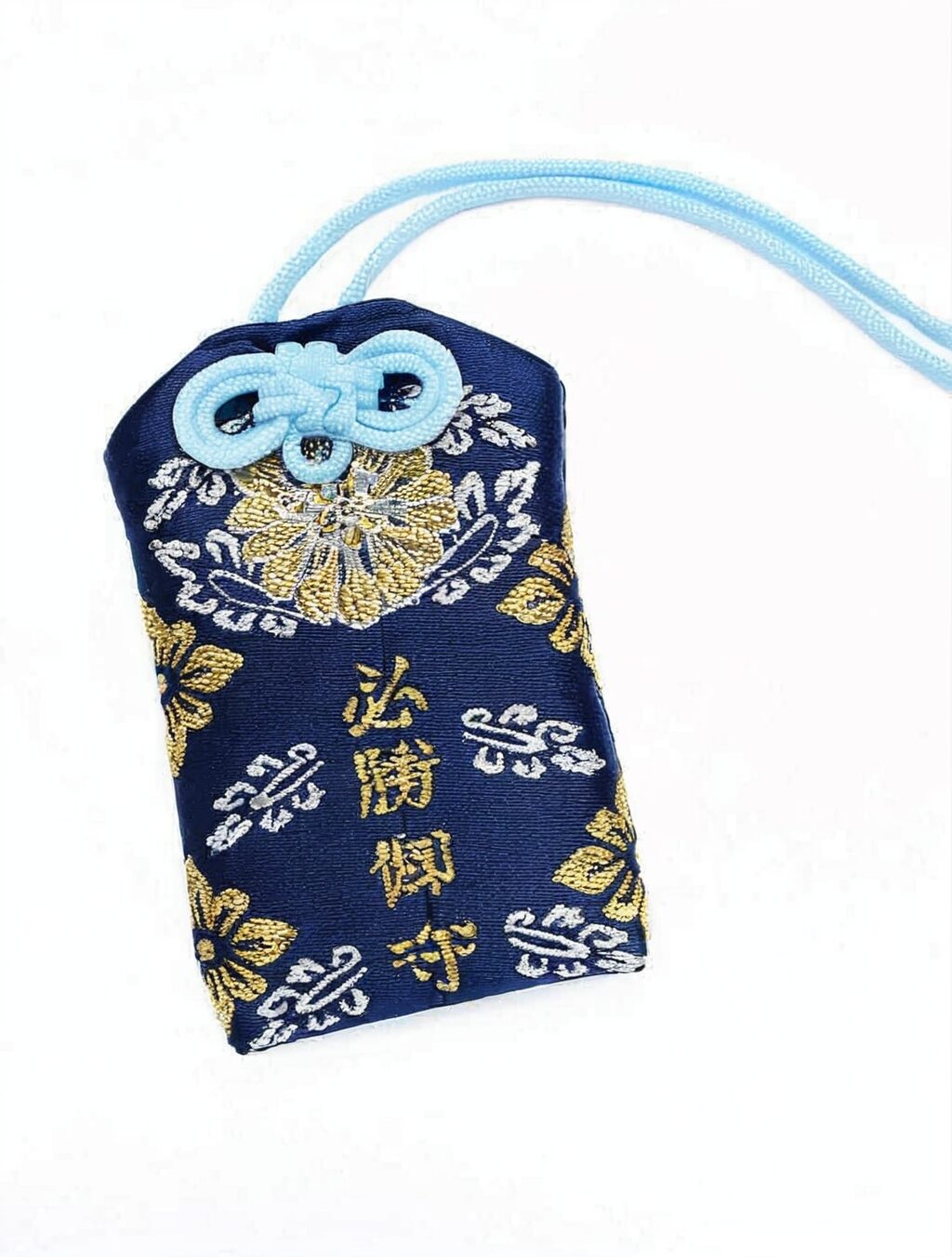Traditional Gifts From Japan: A Guide to Etiquette and Meaning
Win a Free Trip to Japan!
Experience cherry blossoms and ancient temples
In the land of the rising sun, where tradition and modernity intertwine, the art of gift-giving holds a profound significance. Whether it’s a baby’s first kimono or a delicate teacup for a newlywed couple, every present carries a heartfelt message and reflects the giver’s thoughtfulness. Join us as we delve into the enchanting world of traditional Japanese gifts, exploring their cultural roots and the etiquette that surrounds them. From the delicate beauty of origami to the intricate designs of lacquerware, discover the perfect present for every occasion, imbued with centuries-old traditions and heartfelt wishes.
Unveiling the Significance of Traditional Japanese Gifts
- Baby Gifts: Celebrate the arrival of a little one with an adorable kimono or a set of lucky charms, symbolizing health, happiness, and prosperity.
- New Year Gifts: Ring in the New Year with traditional “otoshidama” (envelopes filled with money) for children and “oseibo” (dried seafood) for adults, representing good fortune and longevity.
- Wedding Gifts: Honor the union of two souls with a pair of matching cups, signifying harmony and shared experiences, or a lacquerware box adorned with auspicious motifs.
- Christmas Gifts: While not a traditional Japanese holiday, Christmas has become a time for exchanging thoughtful presents, such as handmade ornaments or festive treats.
FAQs:
- What’s the proper way to wrap a Japanese gift? Use traditional “furoshiki” cloth, folding it elegantly to conceal the present.
- Is it okay to give used gifts in Japan? Generally, no, as it’s considered失礼 (“失礼,” impolite).
- What should I avoid giving as a gift? Sharp objects like knives or scissors are believed to cut relationships.
Conclusion:
In the tapestry of Japanese culture, traditional gifts are threads that connect hearts and convey unspoken sentiments. Whether it’s a small token or an elaborate masterpiece, each present is a testament to the giver’s care and respect. Embrace the beauty and symbolism of traditional Japanese gifts, and let them become meaningful keepsakes that cherish the bonds you share.
traditional gifts from japan
Navigating the Labyrinth of Traditional Japanese Birthday Gifts
In the vibrant tapestry of Japanese culture, birthdays hold a special significance, marked by heartfelt gift-giving traditions that reflect centuries-old customs. From the adorable “chimaki” (rice dumplings) for newborns to the elegant “tsue” (canes) for seniors, each present carries a unique message and embodies the giver’s well wishes. Join us as we unravel the intricacies of traditional Japanese birthday gifts, exploring their cultural roots and the etiquette that surrounds them. Discover the perfect present for every age and occasion, imbued with symbolism and heartfelt wishes that will make each birthday celebration truly unforgettable.
Unveiling the Significance of Traditional Japanese Birthday Gifts:
- Newborns: Welcome the little one into the world with “chimaki” (rice dumplings wrapped in bamboo leaves) or “oshidori” (wooden duck figurines), symbolizing good fortune and a happy marriage.
- Children: Encourage their growth and learning with educational toys, books, or traditional musical instruments like the “koto” (Japanese harp).
- Adults: Express your appreciation and respect with practical gifts like high-quality teacups, writing brushes, or a set of lucky charms.
- Seniors: Honor their wisdom and longevity with thoughtful presents like a warm “kotatsu” (heated table) or a comfortable “tsue” (cane), symbolizing support and well-being.
FAQs:
- What’s the proper way to wrap a Japanese birthday gift? Use traditional “furoshiki” cloth, folding it elegantly to conceal the present.
- Is it okay to give money as a birthday gift in Japan? Yes, “祝い金” (“iwai-kin,” monetary gift) is a common and acceptable practice.
- What should I avoid giving as a birthday gift? Sharp objects like knives or scissors are believed to cut relationships.
Conclusion:
In the realm of Japanese gift-giving, birthdays are istimewa (“特別な,” special) occasions that call for thoughtful and meaningful presents. By understanding the cultural significance and etiquette behind traditional Japanese birthday gifts, you can express your heartfelt wishes and deepen your connections with your Japanese friends and family. Embrace the beauty and symbolism of these cherished traditions, and let your gifts become treasured keepsakes that commemorate the milestones of life’s journey.

